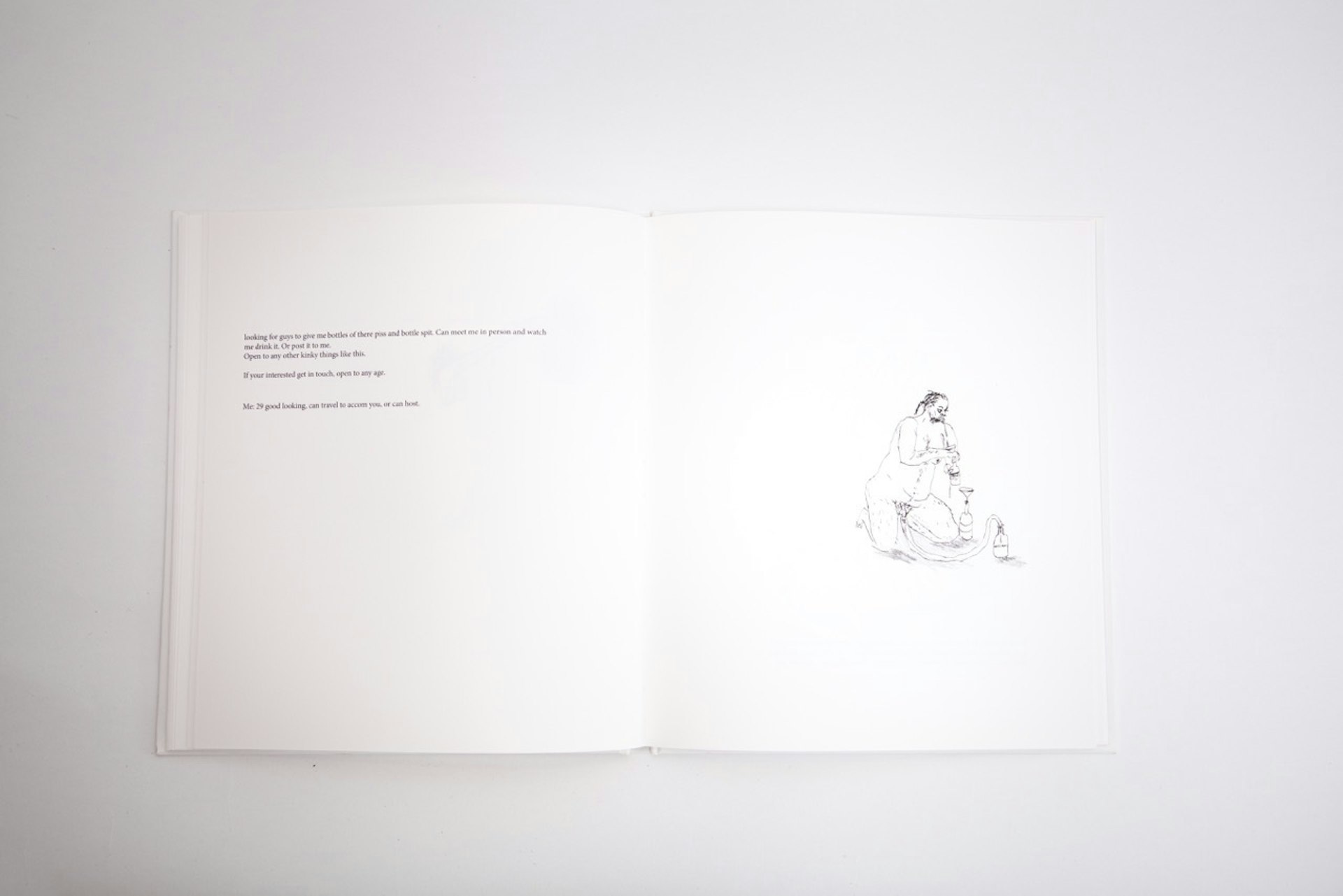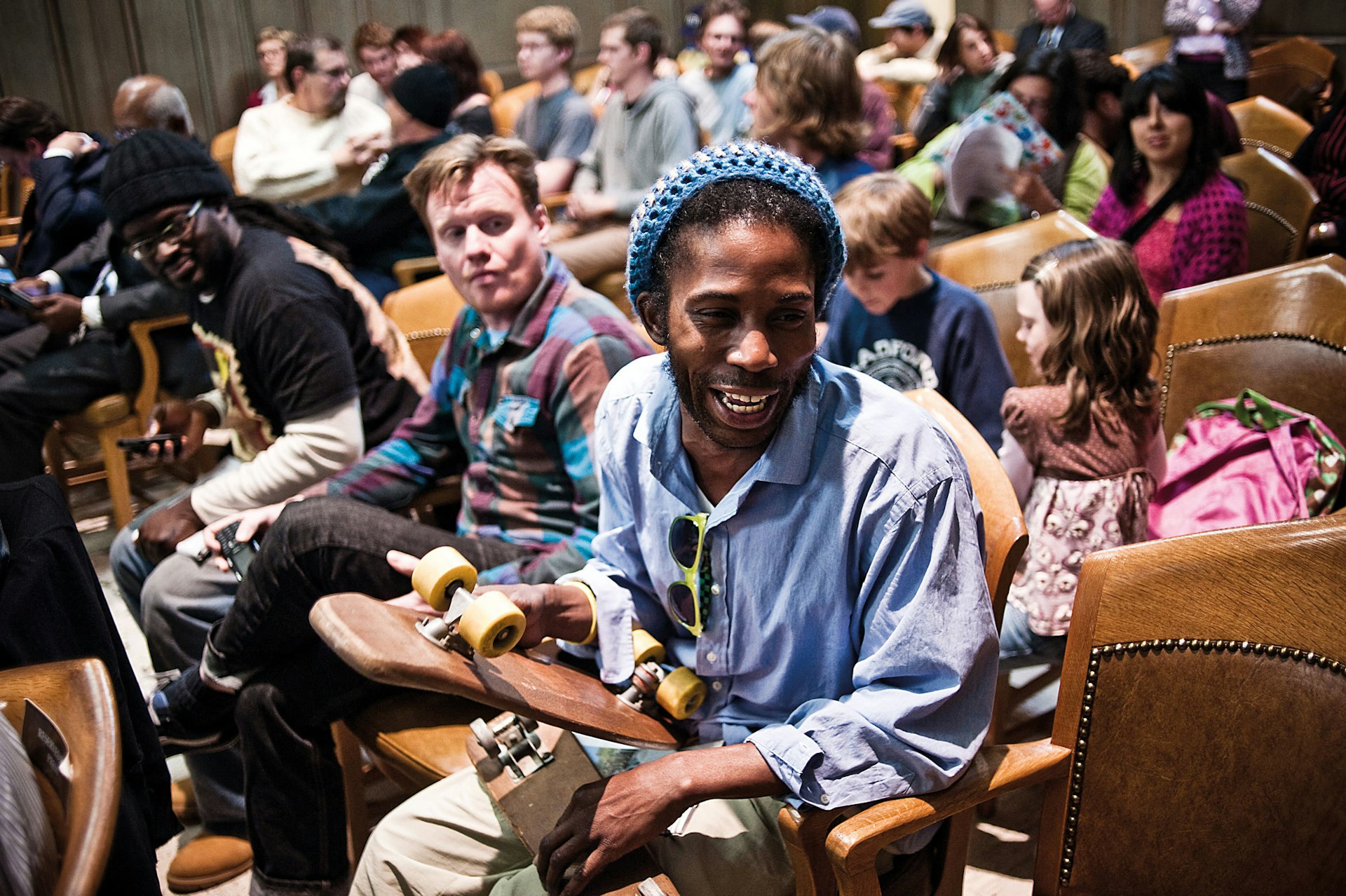
A skate legend too radical for the industry
- Text by Clyde Singleton
- Photography by Mike Belleme
When I started skateboarding, I vividly remember being the only black skateboarder in my area. I lived in Jacksonville, one of the biggest cities land-wise in America, and yet there were no black kids skateboarding. From the first day I went to school with skate shoes on, I was an outcast.
People would point and stare, laugh, call me ‘white boy’ – I literally had no clue what the hell everyone was talking about. White boy? The majority of my friends who skated were white, but how did that make me a ‘white boy’? I never understood that.
What I did come to understand is that skateboarding was never really accepted, especially in the South. The place is full of ignorant folk – both black and white – and just about any kinda idiot the good Lord could create.
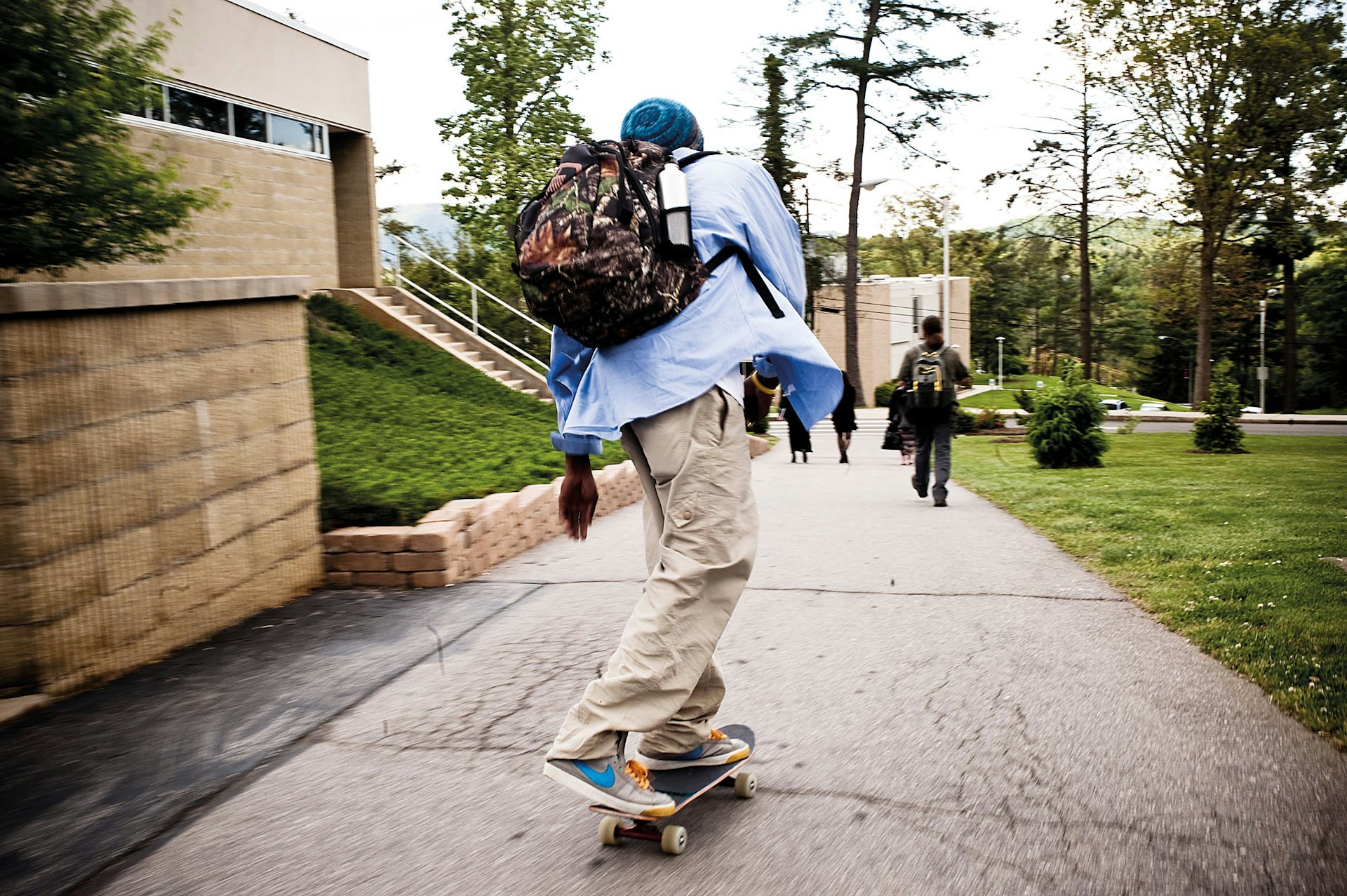
If I wasn’t getting ridiculed by some idiot in my junior high school who actually thought white people smelled like ‘wet dog’, then I was getting chased by some gun-toting rednecks when I tried to go to my friend’s house to skateboard.
There were plenty of times I wasn’t even allowed to skate peoples’ ramps because of the colour of my skin. Matter of fact, the kid who actually taught me how to ride a skateboard, his parents were racist. I had to sneak into his garage to learn tricks. His parents literally had no clue. Months later, they found out and I became the very first black person they’d ever had in their house. Ever. Remember, this wasn’t even twenty-five years ago.
As I grew into my teen years, I’d see more and more brothers skating. Whether it be at a contest, local skatepark or in videos. It was a major change (for me, at least) even if it was at a snail’s pace. Cats like Rodney Smith, Ron Allen and Steve Steadham were starting their own brands. Fred Reeves won the biggest contest (the NSA Finals) as well as placing top five in both mini-ramp and vert.
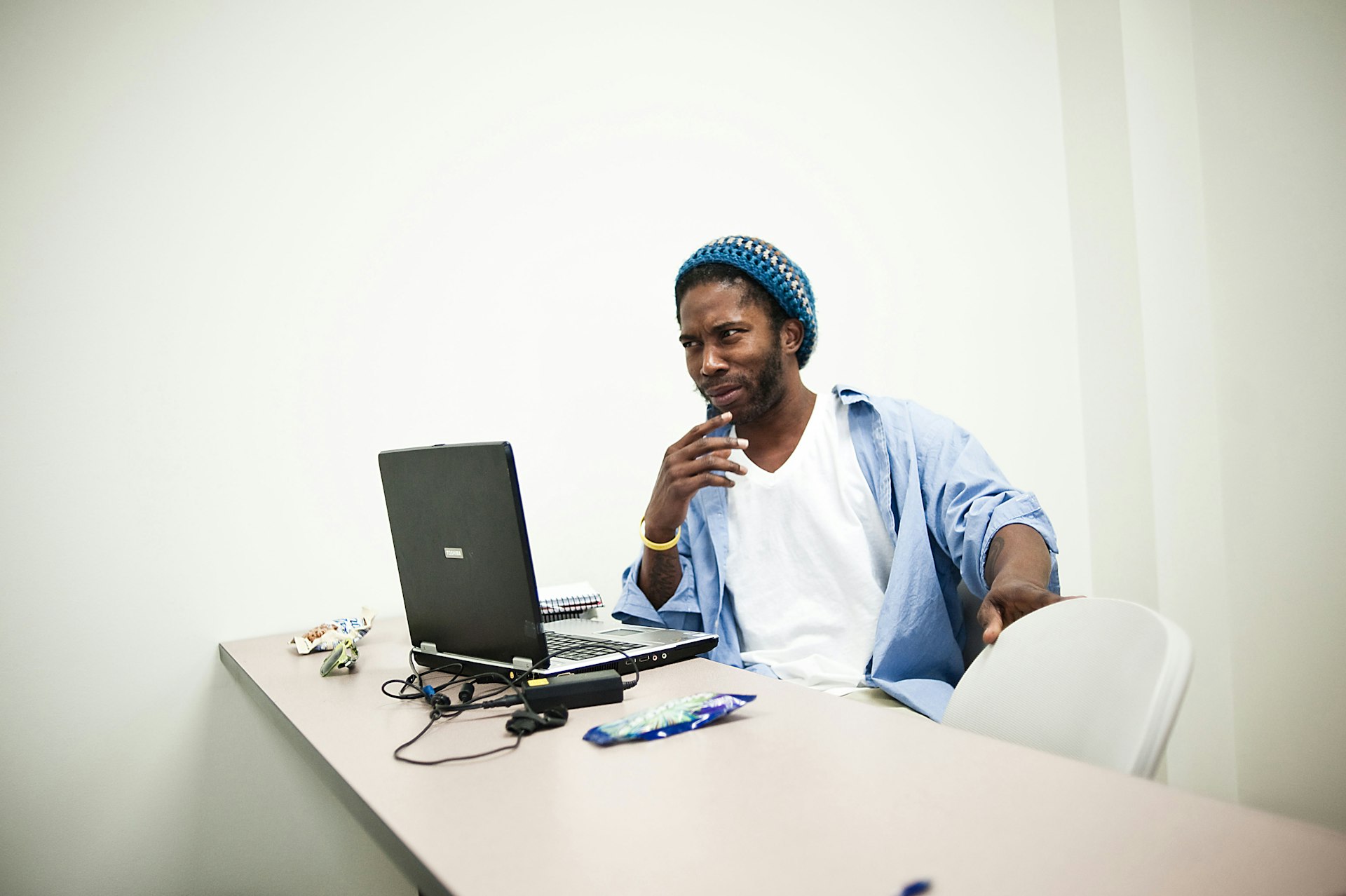
Then there was the emergence of street skating, with Ray Barbee literally exploding onto the scene. Then came Ron Chatman, Sal Barbier and so forth. To me, this was huge. It felt as if I had a leg to stand on, when people would pigeonhole skateboarding for ‘white boys’. It gave me hope that, one day, I too could be in magazines, videos, contests, etc.
Coming where I come from, I could use all the hope one could find. My mom always supported whatever I did, but being from the South herself, she didn’t see anything coming about for me in the skateboard world.
No matter how hard I’d plead my case, she just wasn’t seeing it. To this day, I don’t fault her. Whatsoever. She was just protecting me from what she supposed would crush my feelings in the long run.
As the years passed, I’d frequent every contest I could, network with out-of-town guys and basically do what every skateboarder wanted to do: skateboard, hit new spots and meet new friends along the journey. The more I got out of my hometown, the more it dawned on me: there were plenty of kids like me.
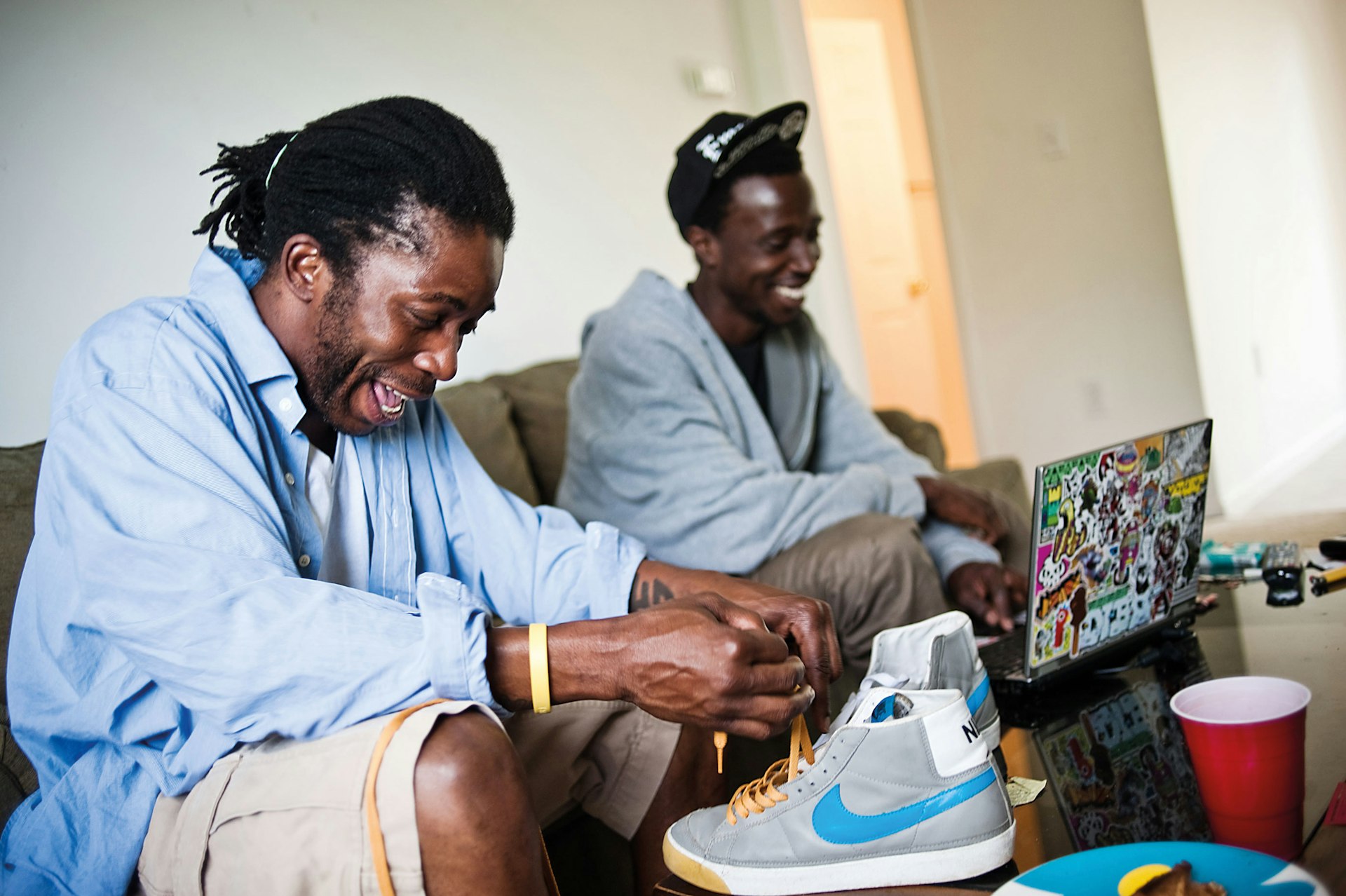
I remember meeting Harold Hunter and Keennan Milton for the first time at Eastern Vert. Outside of us three, there was another cat named BJ from Winston-Salem. We all made an instant connection.
We all had something in common. That day will forever stick in my mind. I remember going back home and telling my Mom, “I met some black kids from New York and North Carolina who skateboard!” She was like, “Hold on. When were you in North Carolina?” Whoops.
I went pro around 1994. At the time, there were about six or seven of us who were pro, and maybe 10 before us. It was a huge deal. I wasn’t thinking of it as a black/white thing. It was a huge deal. I was living every kid’s dream, travelling, filming videos, shooting photos – getting paid! All for skateboarding.
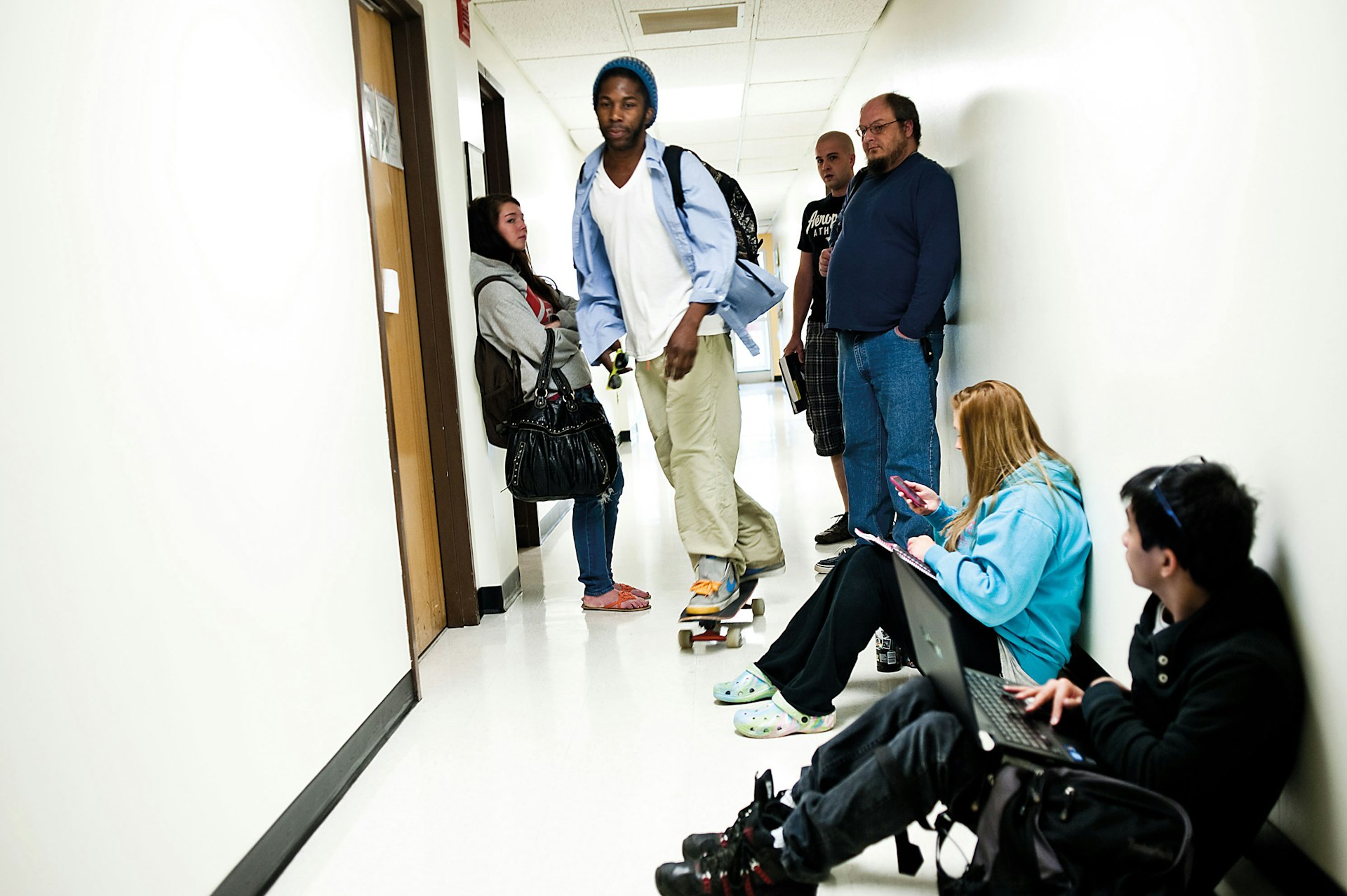
This was the same kid who was chased down, laughed at, told he was ‘trying to be white’, couldn’t skate some places because of the colour of his skin. I had made it. I was right where all those dudes on my wall were. Nobody, or nothing, could take that away from me.
All through my career, I’ve always been a huge advocate of pointing out real from fake. When skaters thought they were rappers, I’d set it straight. When rappers thought they were skaters, ditto.
Now, I don’t know what skateboarding has become. It’s almost as if it has two sides: the people who actually skateboard, and the people who wanna emulate skateboarders. Funny, because not that long ago, you would never have seen half these people near skateboards.
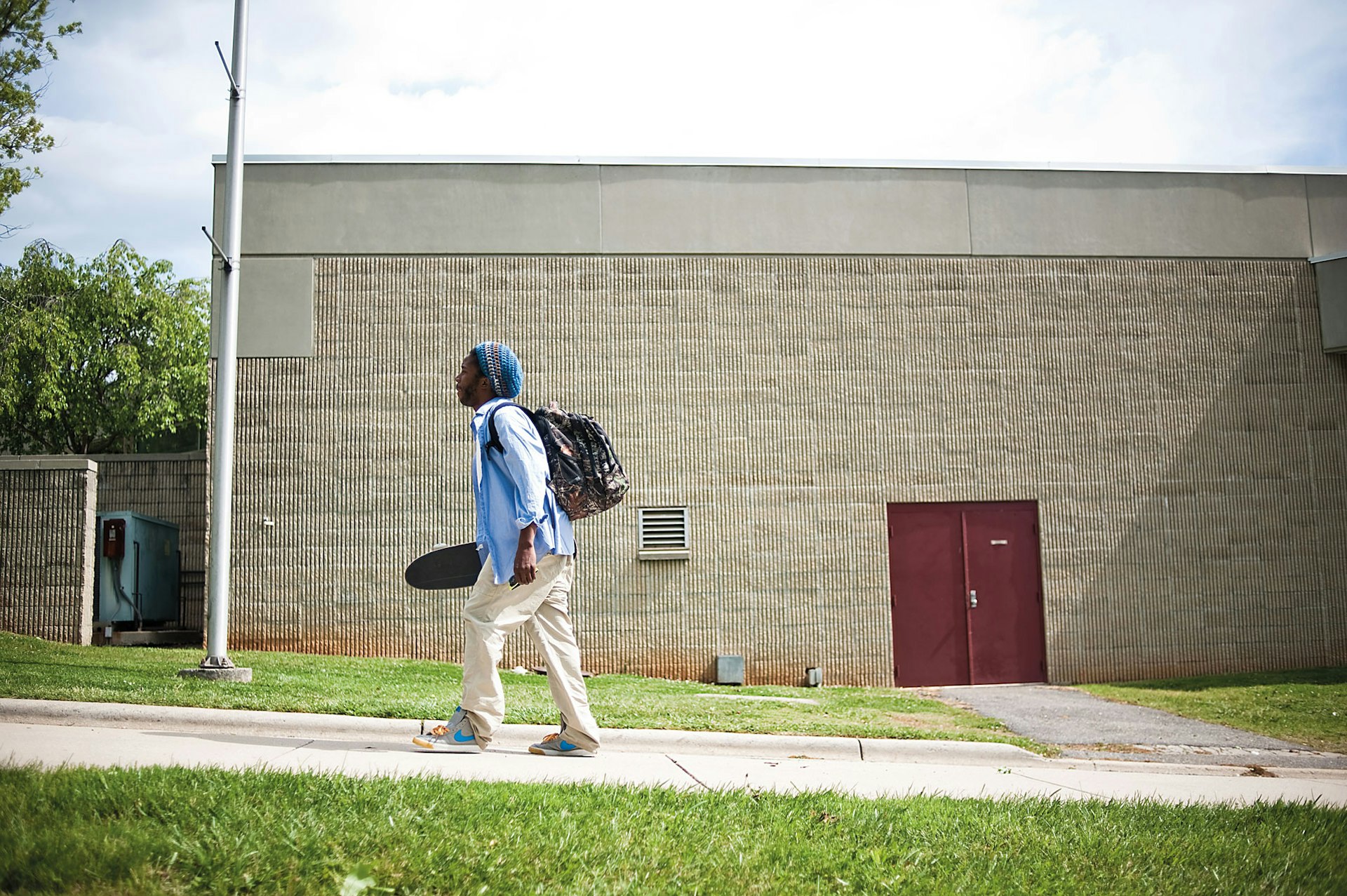
They didn’t wanna be called ‘white boy’ by their friends. They didn’t wanna tear their shoes up. They wouldn’t be caught dead in a skate shop, much less with skateboard gear on. But now? Everybody wants to be a skateboarder! Actually, everybody wants to be something they’re not.
Look at L’il Wayne, for instance. One minute he’s a blood. Next, he’s wearing women’s pants and strumming a guitar. Next, he’s a skateboarder. And people find this okay? You have skateboard companies and pros actually endorsing this kinda thing. That’s what’s gonna define skateboarding, moving forward, to some people. Not the actual talent; that’s taking a backseat to everything.
We still don’t have many (if any) blacks who actually own skateboard companies. They might tell people they do, but as I said, everybody wants to be something they’re not. Hopefully, this new generation can go back and do some knowledge on exactly how and why skateboarding is where it is today. How some of the things that are going on right now are one of the main reasons skateboarding took a huge nose-dive in the early nineties.
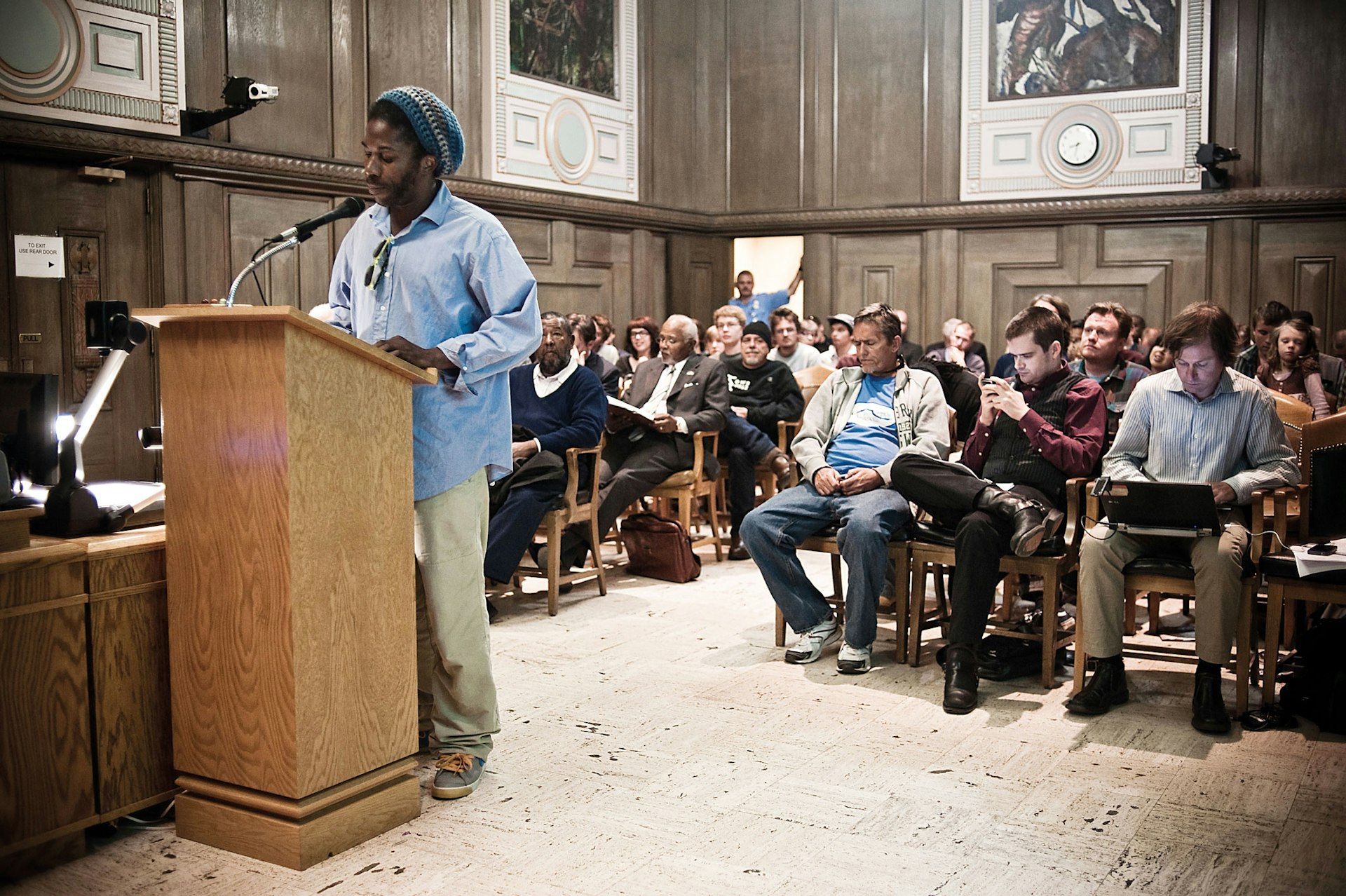
As for me now, I’m quietly ducked off from the skateboard world’s shenanigans. I’m living up in Asheville, North Carolina, and stick to what I know. I know I love skateboarding with my friends, hip hop, photography, video production and making people laugh. I know the skateboard industry is almost a joke.
I know that skateboarding doesn’t last forever (unless, you’re Tony Hawk) so I’ve decided to go back to school. It’s been a long journey to get to where I’m at… and I have no idea where it might take me next. But I know I’ll enjoy every minute of it.
This article originally appeared in Huck 33 – The Identity Issue. Subscribe today to make sure you never miss another issue.
Enjoyed this article? Like Huck on Facebook or follow us on Twitter.
